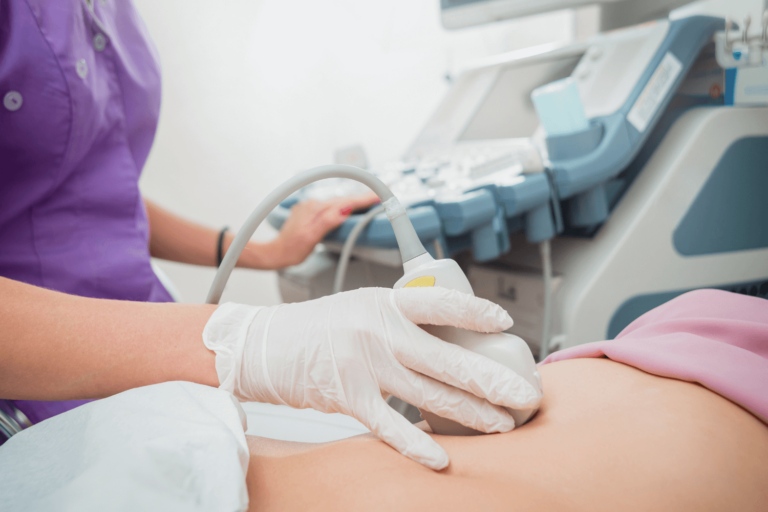Pregnancy is often portrayed as a time of joy and anticipation, but for some expectant mothers, it can be a period of emotional turmoil. Prenatal depression, also known as antenatal depression, is a common but frequently misunderstood condition that affects some pregnant women. In this blog post, we will explore what prenatal depression is, its causes, symptoms, and most importantly, strategies for treating and managing it.
What is Prenatal Depression?
Prenatal depression is a form of clinical depression that occurs during pregnancy. It’s more than just the occasional mood swings or the “baby blues” that many women experience. Instead, it involves persistent feelings of sadness, hopelessness, and a loss of interest or pleasure in activities.
Causes of Prenatal Depression
While the exact causes of prenatal depression are not fully understood, it’s believed to result from a combination of physical, emotional, and hormonal factors. Some of the potential triggers include:
Hormonal Changes
The dramatic hormonal shifts that occur during pregnancy can affect brain chemistry and mood regulation.
Emotional Stress
Pregnancy can be a stressful time, with concerns about childbirth, parenting, and changes in lifestyle contributing to emotional distress.
Personal History
A history of depression, anxiety, or other mental health conditions can increase the risk of depression during pregnancy.
Lack of Social Support
Isolation, strained relationships, and limited social support can exacerbate depressive symptoms.
Unplanned Pregnancy
An unexpected pregnancy can lead to feelings of uncertainty and overwhelm, contributing to the natural emotional distress some women may feel during pregnancy.
Symptoms of Prenatal Depression
Recognizing the signs of prenatal depression is crucial for timely intervention. Common symptoms may include:
- Persistent sadness or mood swings
- Changes in appetite or sleep patterns
- Loss of interest in activities
- Fatigue and low energy
- Feelings of guilt or worthlessness
- Difficulty concentrating
- Thoughts of self-harm or suicide (in severe cases)
Treatment and Support
Prenatal depression is a treatable condition, and there are several strategies to help manage and alleviate its symptoms:
Seek Professional Help
The first step is to consult with a healthcare provider, such as an obstetrician or mental health specialist. They can provide a proper diagnosis and recommend suitable treatment options.
Psychotherapy
Cognitive-behavioral therapy (CBT) and interpersonal therapy (IPT) are effective forms of talk therapy that can help individuals manage their depression during pregnancy and develop coping strategies.
Medication
In some cases, healthcare providers may prescribe antidepressant medication after weighing the risks and benefits. It’s important to discuss any concerns with your healthcare provider, especially regarding medication for depression during pregnancy.
Lifestyle Changes
Engaging in regular exercise, maintaining a balanced diet, getting adequate sleep, and reducing stress can significantly improve mood and overall well-being.
Support Groups
Joining a prenatal depression support group can provide a sense of community and shared understanding. Sharing experiences with others who are going through similar challenges can be immensely therapeutic. Your local pregnancy center may host or know of support groups that you can join.
Communicate with Loved Ones
Open and honest communication with your partner, family, and friends can help them understand your feelings of depression during pregnancy and provide much-needed emotional support.
Prenatal Depression is Treatable
Prenatal depression is a real and treatable condition that affects some pregnant women. It’s essential to recognize the signs and seek help when needed. With proper support and treatment, expectant mothers can manage their depression and enjoy a healthier and happier pregnancy. Remember, you are not alone, and there is hope for a brighter future for both you and your baby.




